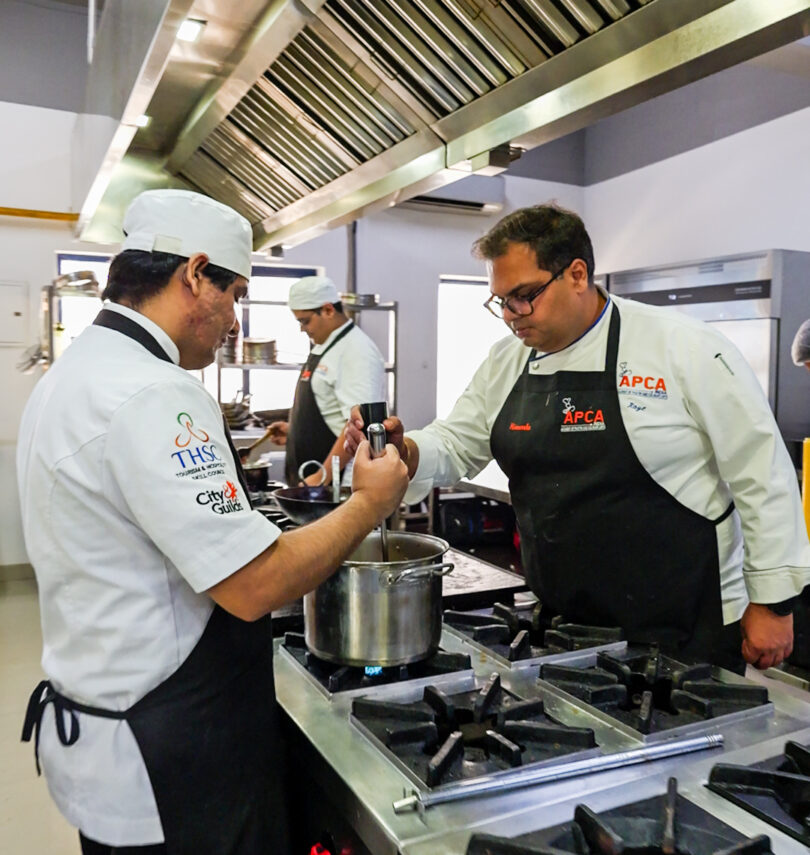Understanding What Culinary Degrees Really Mean
Many aspiring chefs hesitate to pursue a formal culinary arts degree mainly because of the common misunderstandings and misconceptions surrounding the field. There are many assumptions, some people believe these programs teach only basic cooking techniques, while others assume the curriculum lacks academic depth. In reality, a culinary education blends creativity, science, and management with practical expertise, preparing students for a wide range of careers. From mastering fundamentals to understanding global cuisines, these programs offer far more than what people generally assume.
The Truth behind Advanced Culinary Programs
A major misconception is that a bachelor’s degree in culinary arts is unnecessary for a successful career in the food industry. However, advanced degrees provide extensive learning, industry exposure, and professional discipline, crucial elements that cannot be gained through casual experience alone. Students also develop valuable soft skills such as communication and leadership. Certain programs, like a culinary arts management degree, go further by training students not only in kitchen operations but also in cost control and customer service. These skills prove invaluable when aiming to manage or own a culinary business.
Culinary Education Extends Beyond Cooking
Many people assume culinary programs are limited to the kitchen, but they actually prepare students for a variety of hospitality roles. A degree in hotel management can support culinary students by expanding their understanding of hospitality operations, event planning, and food service management. Specialized culinary arts programs blend theory with practical learning, allowing students to explore subjects such as nutrition, menu design, sustainability, and food safety. These elements equip graduates with a holistic understanding of how the culinary and hospitality sectors function.
A Strong Foundation Builds Long-Term Success
A final myth is the belief that beginners don’t need formal training to excel in culinary careers. While passion is essential, structured learning provides a strong foundation for long-term growth. A foundation degree in culinary arts helps students develop valuable basics, build confidence, and understand industry expectations from beginning to end. This pathway is highly beneficial for those who want to enter the food industry with clarity, skill, and professional readiness. Overall, culinary degrees empower individuals with the knowledge and discipline needed to survive and thrive in a competitive and ever-evolving industry.
Debunking Common Misconceptions about Culinary Education
Many aspiring chefs hesitate to pursue culinary degrees due to widespread myths such as the belief that talent alone is enough or that formal training limits creativity. In reality, structured culinary programs provide invaluable knowledge, discipline, and industry exposure that self-learning often cannot match. With expert mentorship, professional kitchen experience, and a focus on both classical foundations and modern techniques, culinary education expands possibilities rather than restricting them. It also opens doors to diverse career paths including food styling, product development, and entrepreneurship. By understanding the truth behind these myths, students can make informed decisions about their culinary future.


